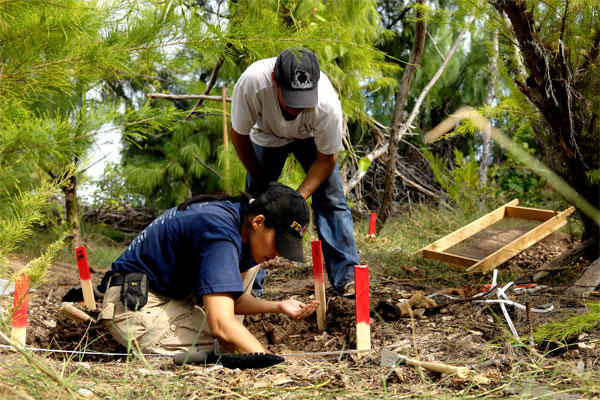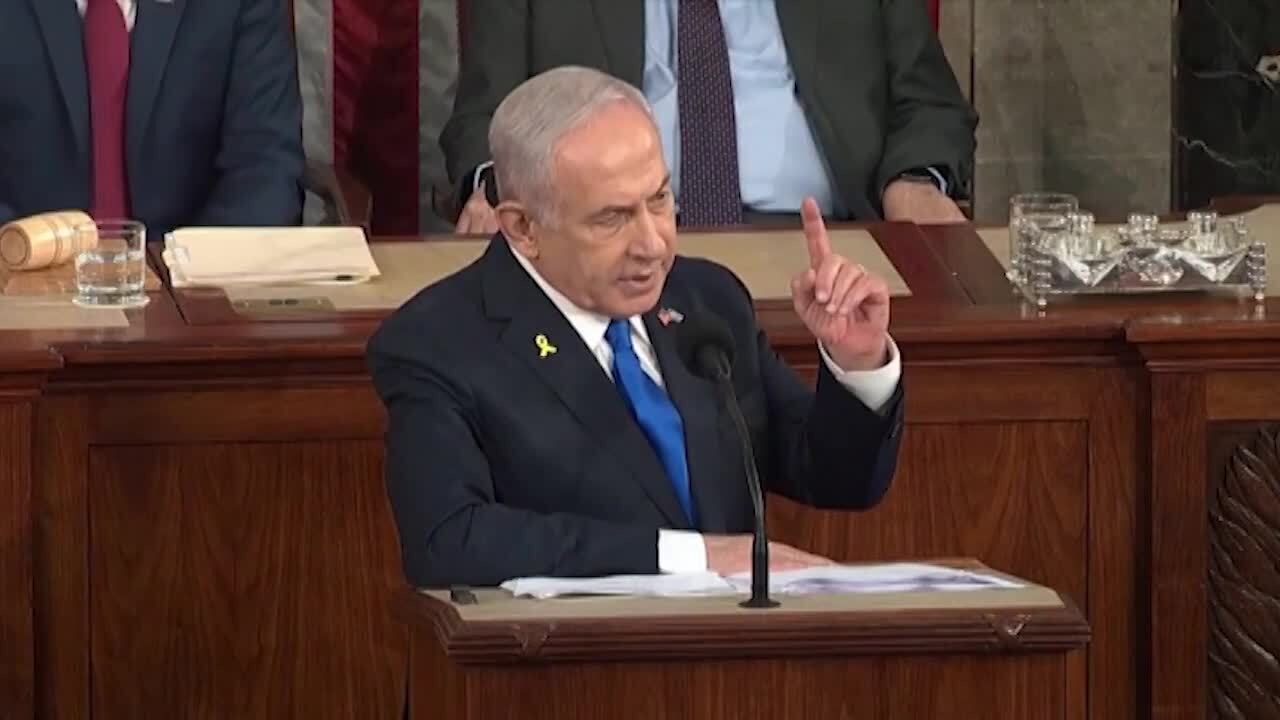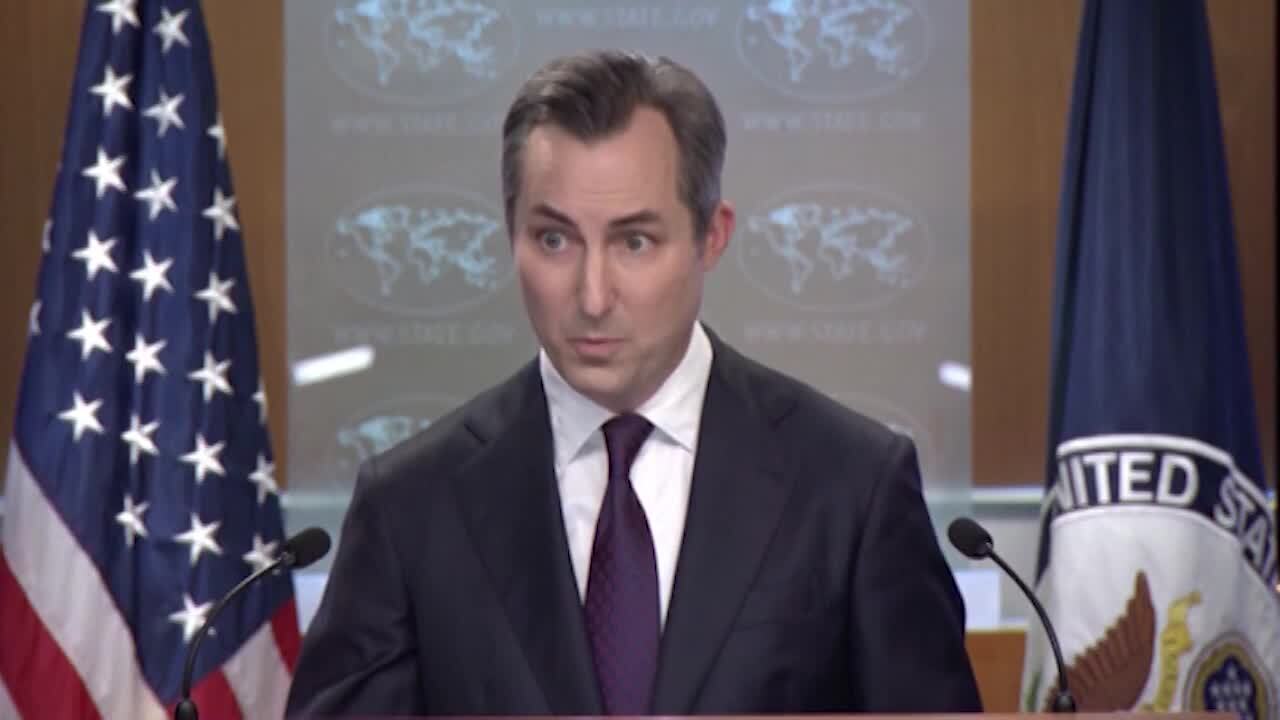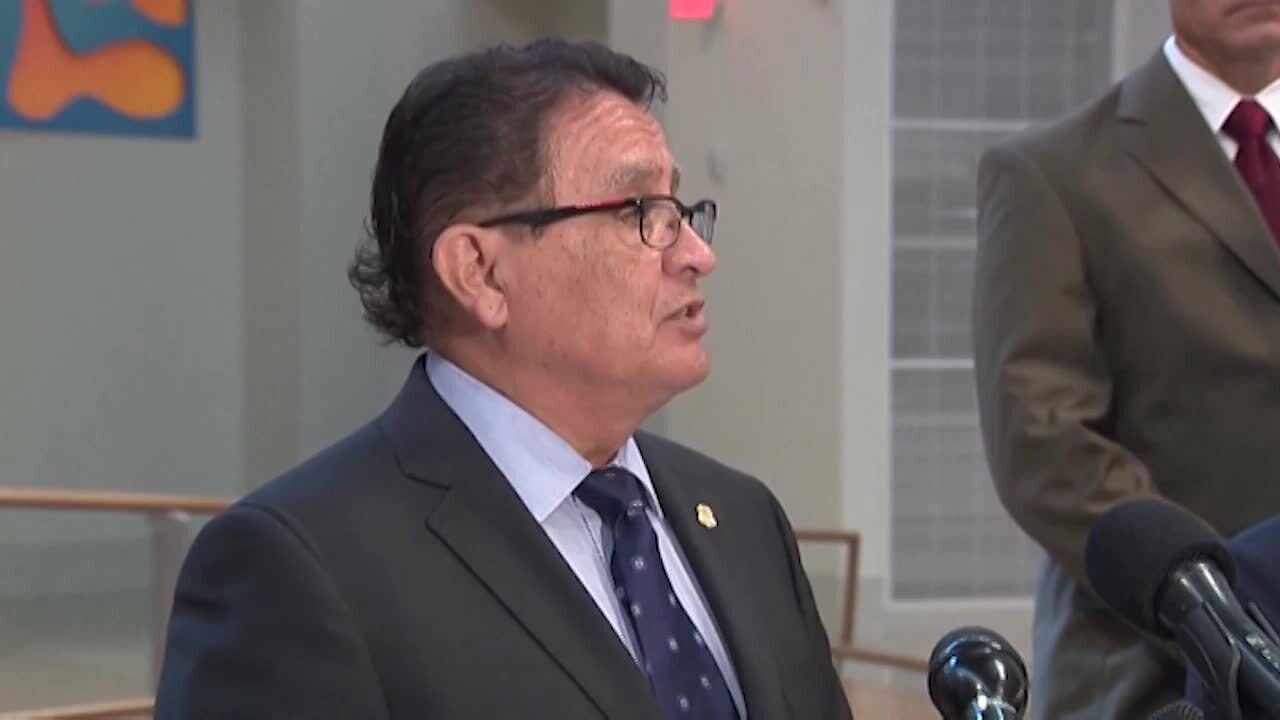Veterans Day finds Defense Secretary Chuck Hagel still struggling to revamp the system of accounting for the missing from the nation's wars nearly a year after he began planning a fix.
The continuing dysfunction in the system described in official reports comes as North Korea puts out signals that it might be open to renewing dialogue with the U.S. on a range of issues that could include resuming MIA searches for remains.
Over the weekend, North Korea released two American prisoners to James Clapper, the director of National Intelligence, and North Korea's propaganda arm recently wrote of the plight of the "bereaved families" of the U.S. MIAs from the Korean War.
Hagel's vision for a unified command under a single director for MIA accounting has been undermined by what the Government Accountability Office has called "longstanding leadership weaknesses and a fragmented organizational structure" within the existing structure.
Next week, the resignation of retired Army Maj. Gen. W. Montague Winfield as deputy assistant secretary of Defense for POW/Missing Personnel Affairs will become official in another sign of the bureaucratic turmoil on the MIA issue that has led to the occasional flare up between Hagel and advocates.
In what was billed as a "clear the air" effort, Hagel on Oct. 31 joined a Pentagon meeting with major veterans' organizations, advocacy groups and family members on his proposals for a unified command structure for the recovery and identification of remains, according to participants.
Frank Metersky, a Marine sergeant in the Korean War and a long-time advocate for improving the process, joined the meeting by conference call. He said later he was barred from future conference calls after arguing with Hagel over the role of Ann Mills Griffiths, head of the National League of POW/MIA Families.
"I was told I can't participate in conference calls anymore," said Metersky, who served with the 2nd Battalion, Fifth Marines, in Korea in 1950 and 1953. "They just really have to take a hard look at this thing moving forward," he said of the MIA issue.
Griffths, who was present at the meeting, declined comment on Metersky's argument with Hagel. She said Hagel stressed in the meeting that "we're trying to look at the future of re-organizing" and not rehashing past complaints.
Griffiths, who presented Hagel with recommendations for reform last December, has been singled out by Hagel for praise "for her many, many years of service and leadership on this project."
Griffiths said she was "cautiously optimistic" on the plan Hagel was pushing while acknowledging "there have been problems" in the implementation. She also called for more transparency with the families on the process.
The Veterans of Foreign Wars, which was represented at the Hagel meeting, called for ending the feuding within the agencies and among the advocacy groups that has impeded progress on MIA accounting.
"As long as the mission continues -- that's our only dog in this fight," said Joe Davis, a VFW spokesman.
Hagel's plan would merge the Defense POW/MIA Office (DPMO), the Joint POW/MIA Accounting Command (JPAC), and portions of the Air Force Life Science Equipment Laboratory under a new director to be appointed by President Obama.
However, there was resistance to elements of the plan from the scientific staff at the Central Identification Laboratory in Hawaii (CILHI). Thirty-three members of the CILHI staff wrote that they were opposed to having a medical examiner pathologist oversee the laboratory's work under Hagel's plan rather than a forensic anthropologist.
Having a medical examiner in charge would be "a threat to scientific integrity and sound identifications," the CILHI staff said.
More than 80,000 service members have been listed as missing since World War II, including more than 7,800 from Korea, and Hagel was under pressure to meet a Congressional mandate that the Defense Department identify the remains of at least 200 MIAs annually by 2015.
At national POW/MIA day ceremonies in September, Hagel said the Defense Department this year has accounted for 71 service members from World War II, Korea and Vietnam, compared to 61 in 2013.
"While this improvement is good, we must do better -- we will do better -- not only in more effectively accounting for our missing personnel, but also ensuring that their families receive timely and accurate information," Hagel said.
Three weeks after Hagel spoke, the Korean Central News Agency (KCNA), the official outlet of the North Korean dictatorship, charged that Hagel had sought to place blame on the North "for the failure to resume the unearthing of the remains of G.I.s in its territory."
Quoting a spokesman for the Korean People's Army, KCNA said that it was the "broadminded" decision of the North to allow searches for remains from 1996 to 2005 "in consideration of the earnest desire of the bereaved families" of U.S. service members for their return.
-- Richard Sisk can be reached at Richard.Sisk@military.com.




























